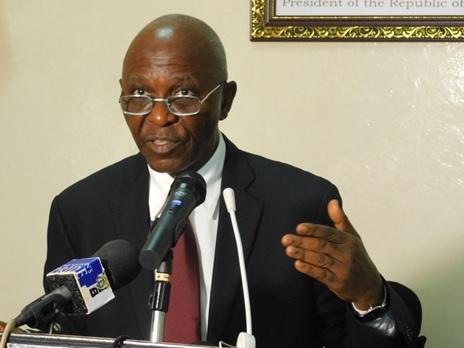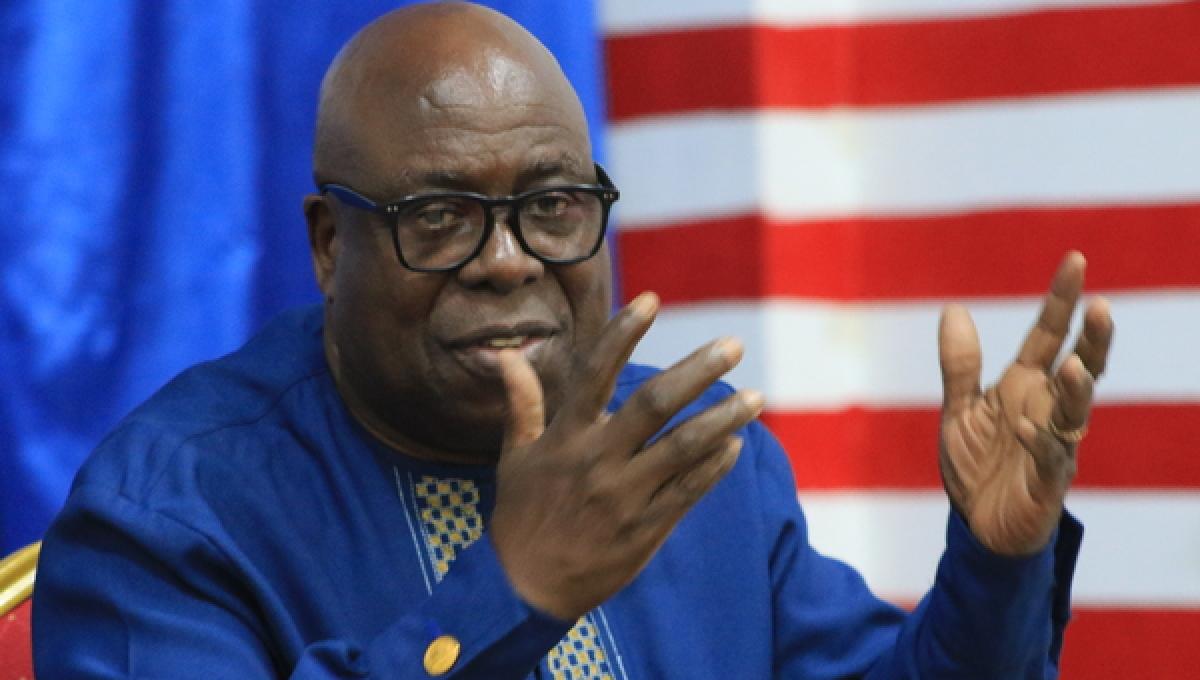Liberia: Education Minister Rescues ‘Unqualified’ Presidents of Tertiary Institutions

The Minister of Education, D. Ansu Sonii, has halted a recent policy pronouncement from the National Commission on Higher Education (NCHE), which mandates all presidents and vice presidents of all tertiary institutions in the country to be holders of terminal degrees.
Sonii, who is also the Board Chairman of the NCHE, noted that the action of the commission is disruptive and came with no reasonable notifications, which makes it non-effective.
The NCHE policy prohibits non-Ph.D holders from serving as presidents and vice presidents for academic affairs of any universities and colleges operating in Liberia.
Currently, most university and college presidents and their deputies are holders of honorary doctorate degrees, which they tout as academic achievements. The policy, in essence, demanded the immediate resignation of any officials who do not meet the new required standards.
However the fate of the policy now lies in limbo as the minister of education has nullified it, saying the NCHE decision was unilateral and not the consensus of the board.
According to Sonii, the same NCHE, that vetted, and provided permits and accreditations to those same institutions, cannot undo its own action with immediate effect with no consideration for the impact of such a decision.in the ongoing system.
“While education stakeholders intend to correct the missteps of the NCHE, who did or did not do due diligence in time past, and recommended those same institutions for accreditation, and permits, cannot undo its own action with immediate effect with no consideration for the impact of such decision in the ongoing system.”
The minister noted that no matter how authoritative the Board, which he chairs, maybe, an action of such magnitude could be grossly disruptive without reasonable notification and should be done with further due diligence.
“For this reason, I, the Chairman of the Board of Commissioners, having considered the ramifications of this action do hereby, place a hold on its effectiveness indefinitely until the matter shall have been referred to the Board by the Secretariat,” Sonii noted.
In justifying his action, Sonii pointed out that the NCHE's leader had rejected his request for a discussion on the matter, saying “I asked him to go back and suspend the action until he meets the board, we discussed it and find a way forward.”
“If we give notice we agreed to give notice so we also on the board can support this action. But he refused to do so he promised.
The NCHE's actions to ban non-terminal degree holders and others who possessed honorary degrees in similar categories came a few months after pledging to eliminate the rising number of tertiary institution presidents without terminal degrees as a way to stop the country's higher education system from deteriorating.
Meanwhile, the Commission’s decision follows the exposure of a slew of fake academic degrees by a Diaspora organization — the Campaigners for Academic Crimes Court in Liberia.
The independent academic watchdog group has successfully proven that numerous public officials, as well as university and college professors, some of which serve at the University of Liberia, have been parading the echelons of power and privilege in Liberia with fake academic credentials.
The group has also for some time now been fighting degradation in the education system, beginning with a crackdown on unlicensed and phony schools that offer bogus degrees.
However, the Commission has struggled not only to address concerns about standards and quality but also honorary doctorate degree holders at leading universities, while others are from unaccredited or unverified online universities.
Established by an Act of the National Legislature in 1989, the NCHE is the statutory arm of the Liberian government that regulates and supervises higher education institutions. In Liberia, there are three public universities, 14 community colleges, and 25 private and faith-based colleges and universities.

